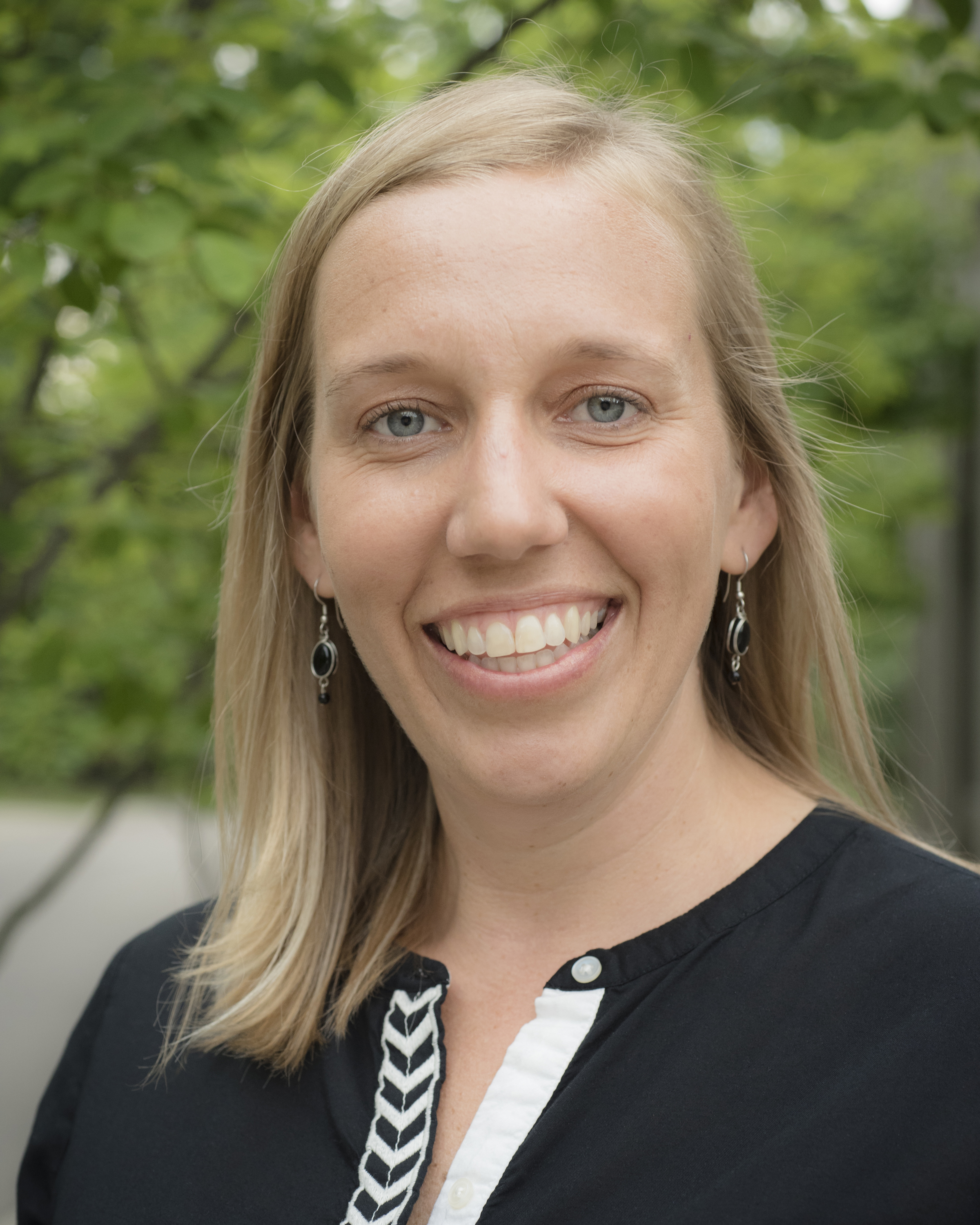The Anti-Racism and Health Equity Program (AREP), an initiative led by Department of Family Medicine faculty and staff at the University of Michigan, and Avalon Housing have been jointly awarded a Michigan Institute for Clinical & Health Research (MICHR) grant to address the local impact of homelessness and housing insecurity on families and communities in Washtenaw County.
MICHR’s Statewide Building Capacity for Research & Action (SBCRA) grant of $5,000 aims to strengthen the capacity of academic and community partners to conduct research aligned with community health priorities, encouraging community engaged approaches.
AREP and Avalon Housing have worked together to develop this community-academic partnership proposal. During the award period, AREP and Avalon Housing partners will focus on relationship-building activities to accomplish the following mutual goals:
- co-create of a vision, mission and guiding principles for the partnership
- co-develop research priorities and a shared understanding of health equity
- participate in mutual learning about anti-racism, community engagement and trauma-informed healing
- undertake community immersion and organize listening circles to understand the experiences and priorities of Avalon residents
AREP was established in 2021 with a mission of exposing and addressing health inequities caused by structural racism and intersecting forms of oppression through primary care research and scholarship.

AREP Council members include both Family Medicine faculty and staff, including Assistant Professor P. Paul Chandanabhumma, Ph.D., MPH; Research Coordinator Kristina Countryman; Philisa Harris, a patient services staff member; Clinical Subjects Coordinator Kaila Helm; Assistant Professor Oluwanferanmi Okanlami, MD, MS; Associate Professor Lauren Oshman, MD, MPH; Research Professor Ananda Sen, Ph.D.; and Assistant Professor Justine Wu, MD, MPH.
“AREP and Avalon have shared visions for community-engaged research to promote healthier families and communities, inclusivity, and anti-racism,” AREP members said in a collective statement. “We are excited about the MICHR award because its sole aim is to help researchers and community organizations build relationships and capacity.
“This means that we have one entire year to focus on people and relationships as meaningful outcomes in and of themselves,” members added. “We will explore what we want to achieve together and how we want to share decisions and responsibilities. This process allows us to be equal partners in community-engaged research”

Established in 1992, Avalon Housing provides services to 800 clients (approximately 200 families) on an annual basis. It offers affordable, multi-site housing in 28 properties across Washtenaw County. Its mission is to build healthy, safe and inclusive supportive housing communities as a long-term solution to homelessness.
“In our community, we have a massive housing affordability crisis,” said Aubrey Patiño, executive director of Avalon Housing. “Until we stabilize the housing market, people will continue to experience homelessness.”
Homelessness and housing insecurity are associated with significant health and social inequities, including higher rates of chronic disease, mental health illness, exposure to violence, social exclusion, and stigma, according to published research. These issues affect individuals across the lifespan and have been magnified by the COVID-19 pandemic.
Patiño added that she feels the partnership with AREP will be respectful and values-aligned. It will also help the organization cultivate a deeper understanding of community-based interventions that will help alleviate homelessness and housing insecurity.
“It’s important that we break down those barriers between the community and the medical community,” she said. “Our hope is to collaboratively identify a research need with residents’ input and client and stakeholder input.”


